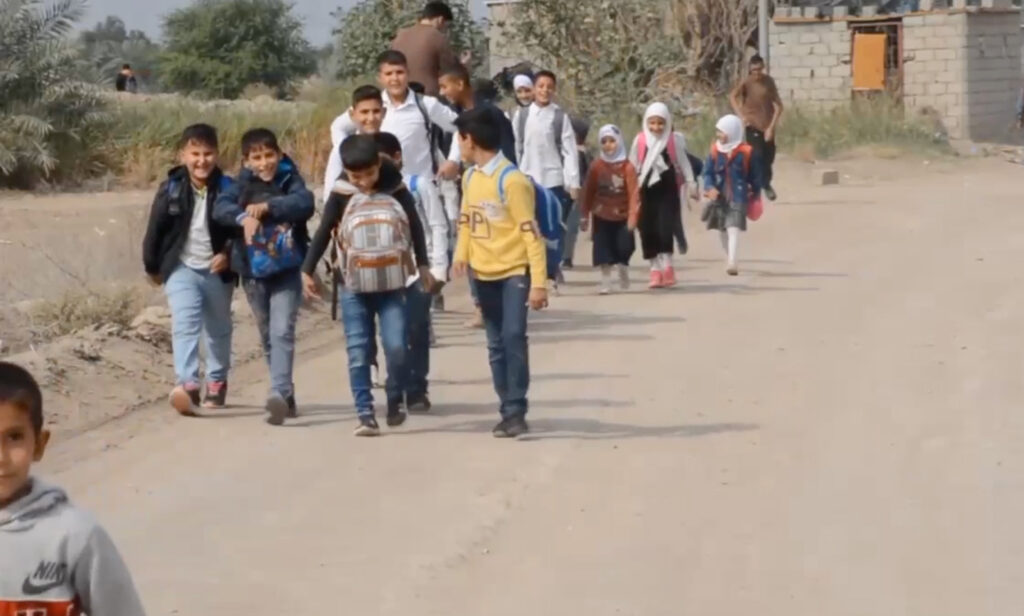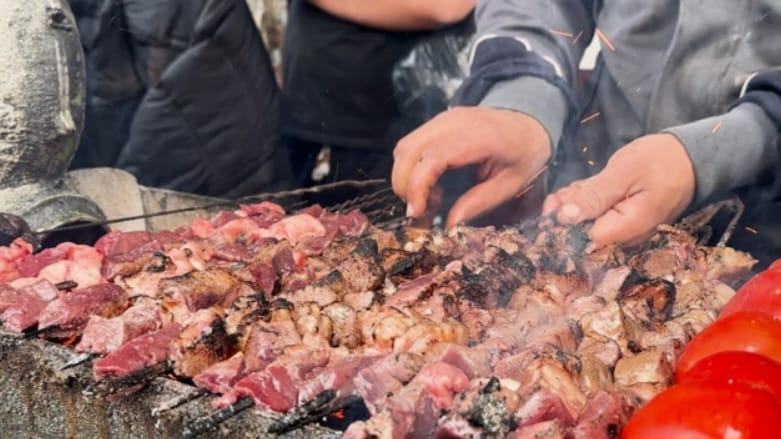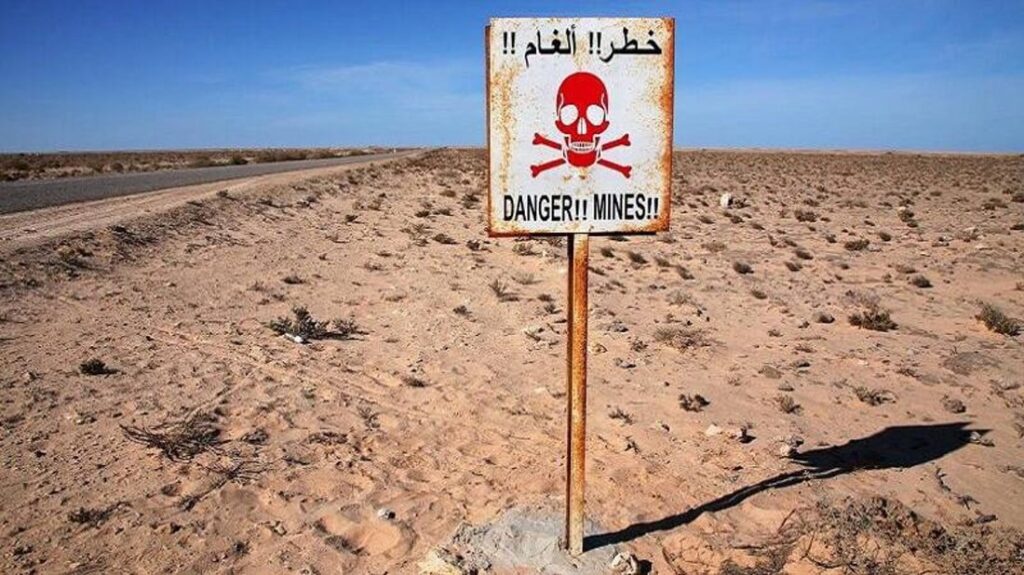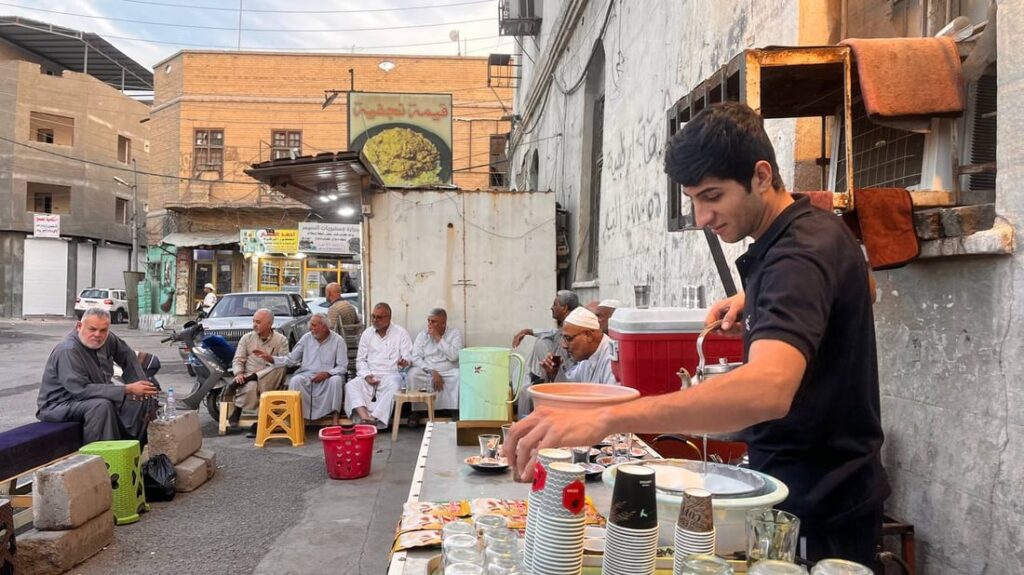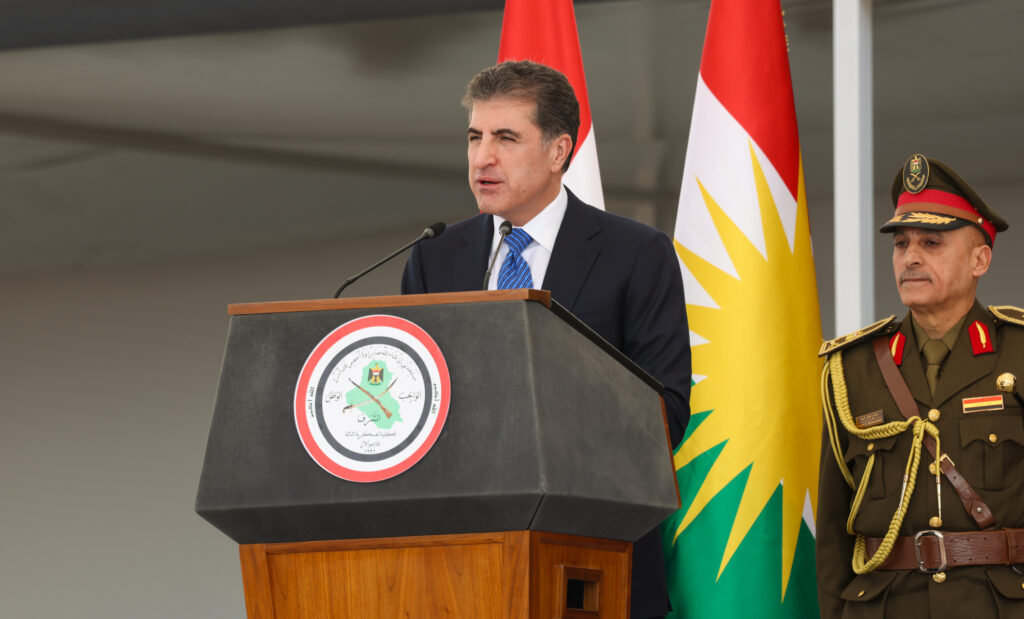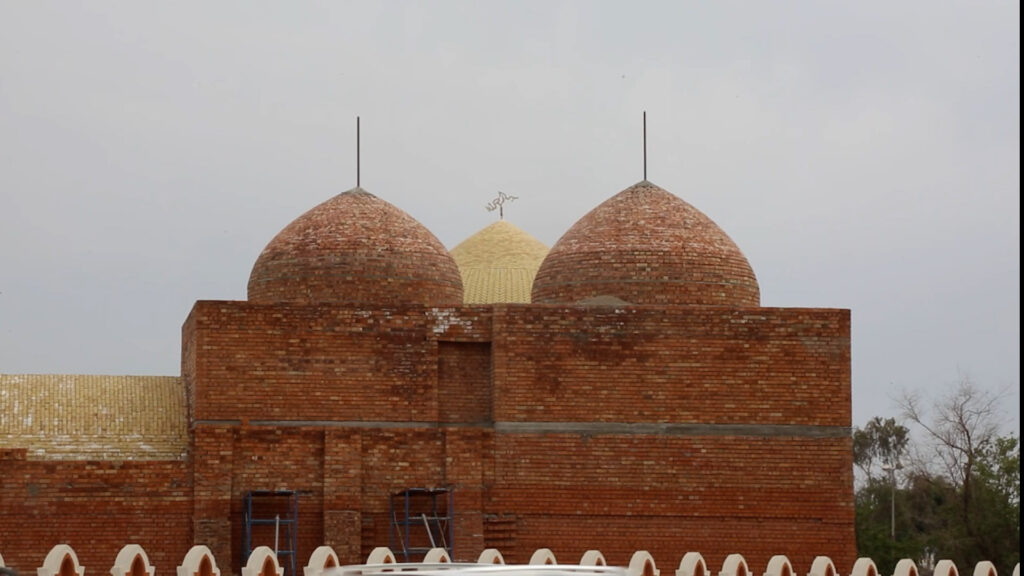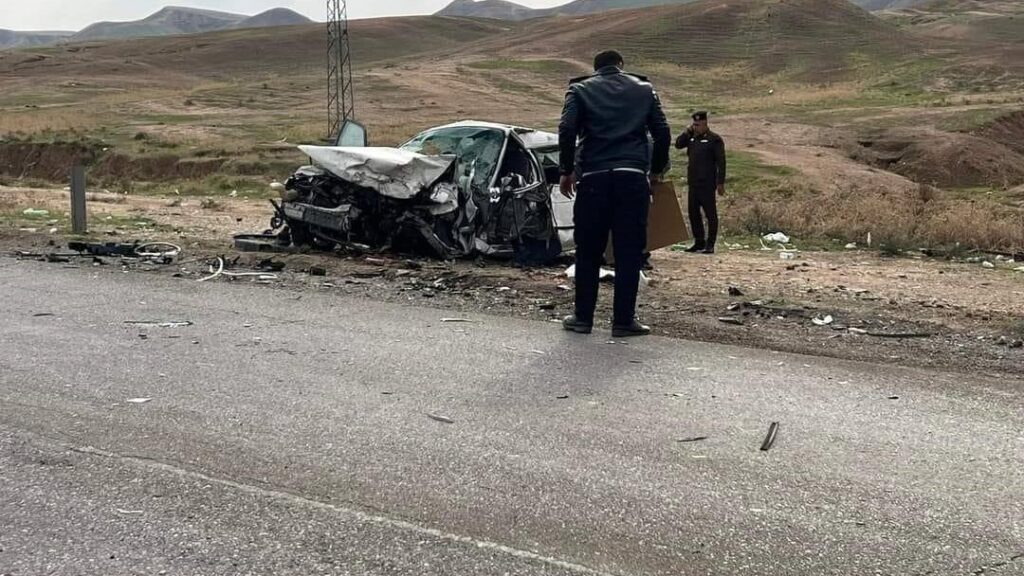ISIS attack in rural Kirkuk kills three Iraqi soldiers: source

ERBIL (Kurdistan 24) – Members of the so-called Islamic State on Sunday night attacked an Iraqi army position near a village in the disputed Kirkuk province, killing three soldiers and wounding another, a security source said.
The Iraqi military communications center, Security Media Cell, confirmed the attack and put initial casualties at two soldiers dead and three wounded.
Speaking to Kurdistan 24 on Monday, a security source said the incident occurred near the Musa Koy village—a community made up of members of the Kakai religious minority who the terrorist organization targeted during their initial onslaught in 2014.
The settlement is located about 30 kilometers south of the Kirkuk city center, part of the province’s Daquq district, which has a large Kakai population.
The security source told Kurdistan 24 that the incident resulted in the deaths of three Iraqi fighters and wounded another from the army’s 45 Brigade.
Although Iraq declared victory over the extremist group in December 2017, it continues to launch regular attacks, including bombings, kidnappings, and ambushes against Iraqi security forces, Kurdish forces, and civilians in areas liberated from its control as well as in major cities it never took over, such as Baghdad and Kirkuk.
Recent unrest in Iraq in the form of widespread protests had already slowed anti-Islamic State operations over the past three months.
Additionally, the US-led Coalition against the Islamic State announced Sunday that it was suspending operations against the terrorist group to focus on ensuring the security of the military bases in Iraq from which its troops operate.
Related Article: Iraqi parliament approves draft bill to end US troop presence in Iraq
The developments come amid growing US-Iran tensions as an American drone assassinated Iranian general Qasim Soleimani and Tehran-aligned Iraqi commander Abu Mahdi Muhandis after repeated missile attacks on facilities hosting US troops as well as the US embassy in Baghdad.
Editing by Karzan Sulaivany

